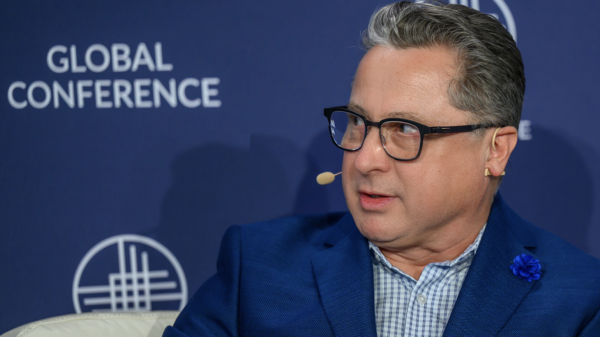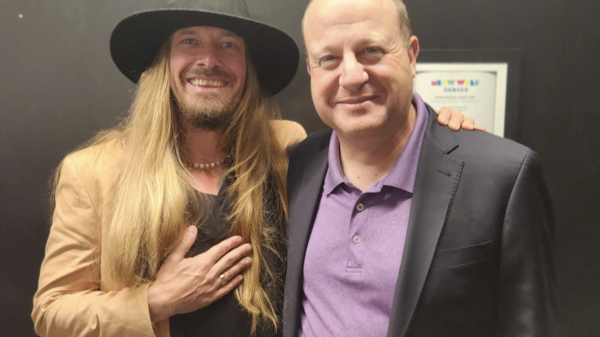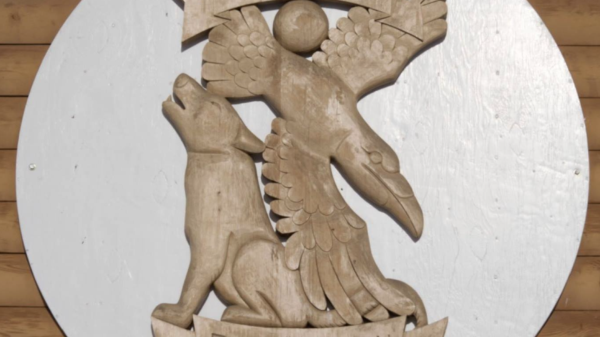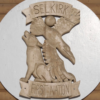A company running a retreat centre focused on psychedelic healing through the use of 5-MeO-DMT has launched a new non-profit devoted to supporting the psychedelic and agricultural heritage of Mexico’s Indigenous peoples.
On Wednesday Kaivalya Kollectiv announced the launch of Quetzalli, a philanthropic organization dedicated to the preservation of Indigenous practices and ancient ancestral wisdom in Mexico.
The non-profit’s programs will be centred around medicinal plant and cultural preservation, public education regarding sustainability and ecosystem regeneration. One of the first initiatives Quetzalli is undertaking will be to build greenhouses and germination equipment for the country’s local Wixárika group to help secure a sufficient supply of peyote in its native environment.
The Wixárika or Huichol are an Indigenous group in Mexico and the United States who believe the peyote cactus is of great spiritual importance in their culture. They are also known for their unique artwork, often crafted with a colourful array of beads.

Members of the Wixárika/Huichol community with peyote cacti. Photo via Quetzalli
Read more: Quebec becomes first province to pay doctors for psilocybin-assisted therapy
Read more: Health Canada provides guidance for clinical trials on psychedelics
The initial fundraising round for the non-profit is scheduled to conclude at the end of this year. The organization also plans on educating local farmers and families about Indigenous methods of sustaining biodiversity in forestry and food as one of its first courses of action.
“Indigenous usage of psychedelics in sacred ceremonies has developed over thousands of years, producing knowledge that can benefit all of humanity. It is imperative that we approach these practices through the lens of sustainability and integral preservation so we can all continue to benefit and heal using traditions passed down through generations,” said Michael DeNicola, Executive Director of Quetzalli.
“This means supporting communities of wisdom keepers and actively becoming caretakers of the psychedelic garden we call earth.”
The non-profit will conduct its work in partnership with two charitable organizations in Mexico: Ha Ta Tukari, a charity concerned with developing rainwater collection systems for impoverished communities and Reserva Natural Rancho Los Ocotes.
“Quetzalli is our way of honouring and showing our gratitude for Mexico, its land, and its people. There are a lot of give-back initiatives that are strictly for optics. We intend to lead by active example,” said Joel Briere, CEO of Kaivalya Kollectiv and Board Chair of Quetzalli.

Photo via Quetzalli
Kaivalya Kollectiv charges a substantial sum of about US$5,000 for one of its luxury five-day Tandava retreats with 5-MeO-DMT in Tepoztlan, Mexico.
rowan@mugglehead.com













